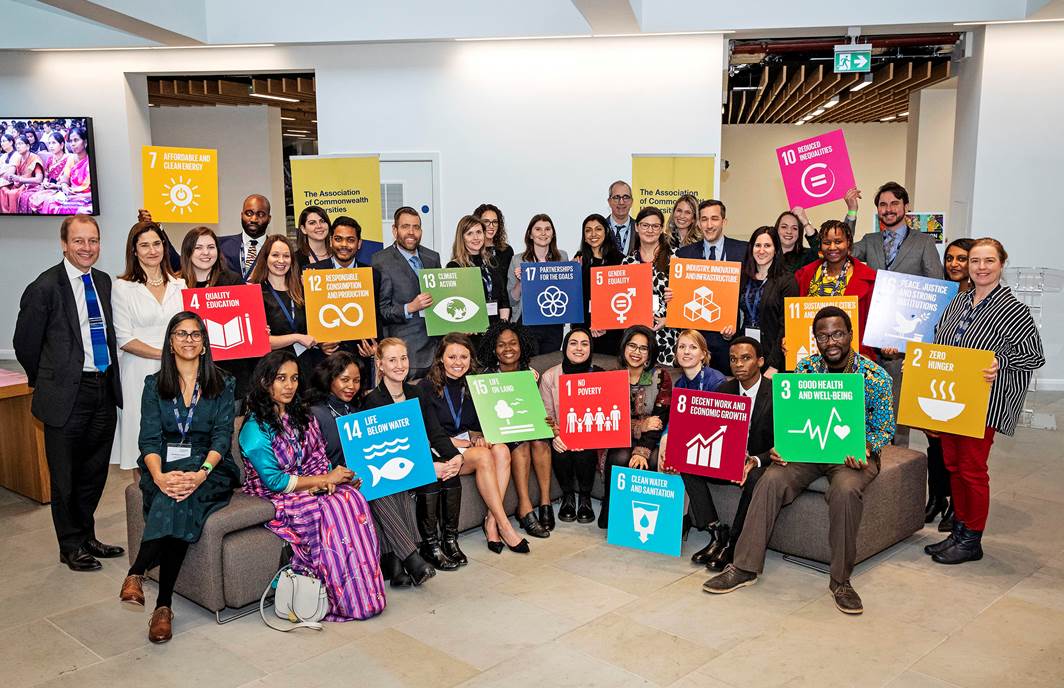Higher Education and the SDGs Network


The Higher Education and the SDGs Network is a forum for all university staff and students at ACU member universities who are directly engaging in the Sustainable Development Goals (SDGs) agenda, including:
The network aims to facilitate peer learning, through sharing knowledge and good practice, discovering potential avenues for collaboration and partnerships, and sharing different approaches to how universities are engaging with the SDGs within each of the following thematic areas:
Open to professional and academic staff at ACU member universities, the grants support collaborative work focused on the Higher Education and the SDGs Network’s priority themes.
You can find out more about HE and the SDGs Network Grants, including application opening dates and stories about previous grant awardees, through the link below.
Find out more
Our networks are spaces where knowledge, capacity and resources can be shared. Crucially, they are practical, with activities that have a direct impact on university practice and the wider world. Benefits include:
There are two main ways to be part of the network:
Networks are open to all staff members and students at ACU member universities - with over 400 member universities in 40 countries, that’s a potential group of 10 million students and more than 1 million academic and professional staff.
Whether you are a student, vice-chancellor, academic or professional at an ACU member university, by joining a network you will instantly become part of a global collaboration with a diverse set of potential partners. You can join as many ACU networks and communities as you like, at any time.
The steering committee sets the vision, strategic direction and delivery plans for the network. Some committee members also lead a thematic group that focuses on a mission-oriented or subject based theme for the network.
Co-Chairs
Impact and engagement leads
Prof Andrew Church, Pro-Vice-Chancellor Research & Innovation, University of Bedfordshire
Dr Vincent Ankamah-Lomotey, Ghana
Research lead
Partnerships lead
Europe representative
West Africa representative
Southern & East Africa representative
Pacific representative
South Asia representative
East Asia representative
Caribbean and Americas representative
Advisors
More information
To find out more, email SDGs@acu.ac.uk